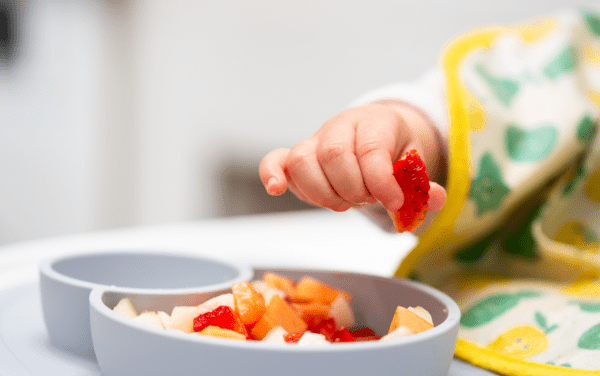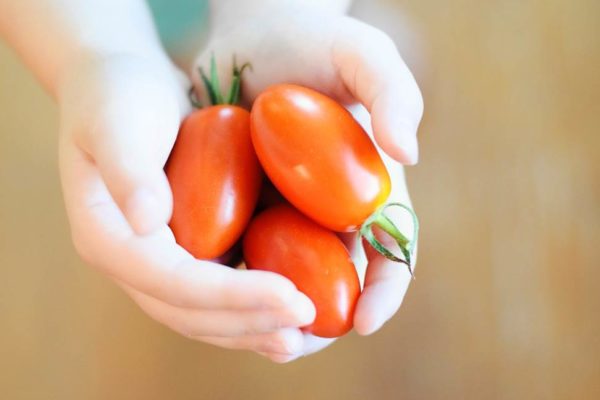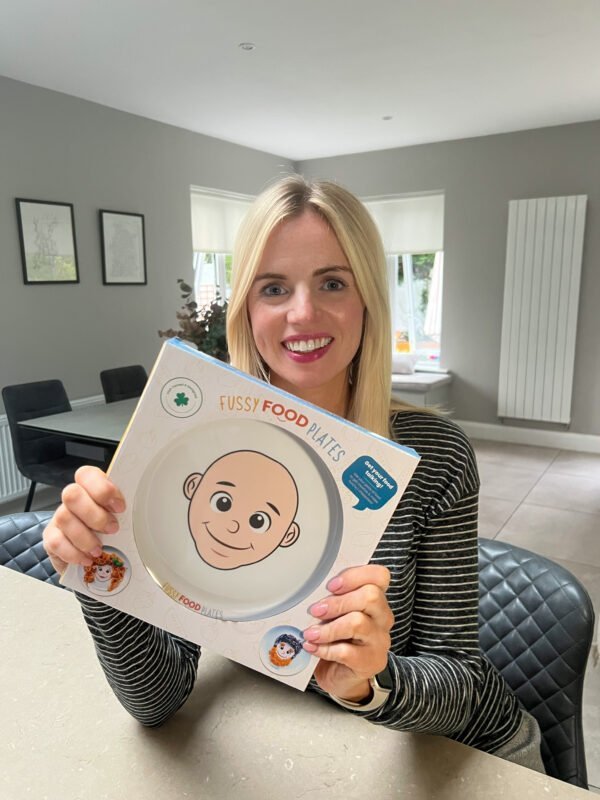
How to Feed Your Baby or Toddler a Vegetarian Diet

According to recent research, around 14% of UK adults (7.2 million) had a meat-free diet in 2020 and a further 12% (6.5 million) are intending to become vegetarian, vegan or pescatarian in 2021. But while we’re making these choices as adults, is it OK to raise your child on a vegetarian diet? According to the experts at vegetarian baby milk brand Kendamil, the answer is yes, as long as you follow a few simple guidelines.
Is it OK for a baby or toddler to be a vegetarian?

NHS advice states that, as long as your child is receiving all the nutrients they need, they can be brought up healthily on a vegetarian diet.
There are many reasons why you may choose to have a vegetarian diet; it could be for health, cultural, animal welfare, financial or environmental reasons. While the nutritional needs of the family may vary depending on things such as age, if you are all eating as much of the same food as possible, the preparation of meals will be easier and the shopping bills hopefully cheaper!
What to feed a vegetarian baby or toddler
Until your baby is 12 months old, they will get most of their calories and nutrients from milk, whether that’s breast milk or formula. Watch out for formula milk that isn’t a vegetarian or dairy-free formula. Most brands use fish oil to provide Omega-3 fatty acids, which is essential for brain and visual development.
Crucially however, Omega-3 actually comes from the plankton that fish eat, so vegetarian baby milk brand Kendamil uses this plant-based ingredient, instead of fish oil, to provide the vital nutrient.
Once babies are around six months, they are usually ready to start trying solid food through weaning. All children should have plenty of fruit and vegetables daily; but just feeding them five-a-day isn’t enough to ensure they have a well-balanced diet and sufficient calories. Just like adults, babies and toddlers should be nourished by a good variety from the main food groups: fruit and vegetables, protein, fats and starchy foods.
When preparing a meal for your child, ensure they are getting a varied and plentiful plate of energy-rich foods for all-important calories. If their diet is too high in fibre, their tummies will be too full too soon, and they won’t get the energy they need. Energy-rich foods include sweet potatoes, brown rice and eggs.
There are certain nutrients that are vital to your little one’s development, that can be lacking in a meat-free diet, so you should take particular care to ensure they feature in their daily meals and snacks:
Protein: Protein is essential for growth and general health. Foods rich in protein include beans, lentils, chickpeas, yoghurt and eggs.
Iron: Iron is important for your child’s brain development and immune system. It’s also what transports oxygen around our bodies. Good vegetarian sources for iron include dark-green vegetables such as kale and spinach, wholemeal bread and fortified breakfast cereals.
Zinc: This helps our little ones grow and is important for immune function. Beans, lentils and cheese are all foods rich in Zinc.
Calcium: Needed for strong bones, most sources of calcium come from dairy. Additional sources include leafy green vegetables and dried fruit.
Vitamin D: To absorb calcium, our bodies also need Vitamin D which you can get from egg yolks and some margarine spreads. You can also absorb Vitamin D through the sun’s rays, so enjoy outdoors activities like playing in the garden, walks and trips to the park with your little one.
Vitamin B12: Children need Vitamin B12 for cell growth.
Omega-3 fatty acids: As mentioned above, Omega-3 fatty acids help feed the brain and keep you healthy. Plant-based oils, such as flaxseed oil, are rich in Omega-3, and so are nut butters. Never give whole nuts to children under five years old and if you have a history of allergies in your family, consult a doctor before introducing any kind of nuts.
If you are ever unsure about the best foods to feed your baby or toddler or are concerned they may not be getting everything they need from their diet, always speak to your GP, paediatrician or health visitor.














































